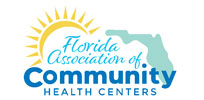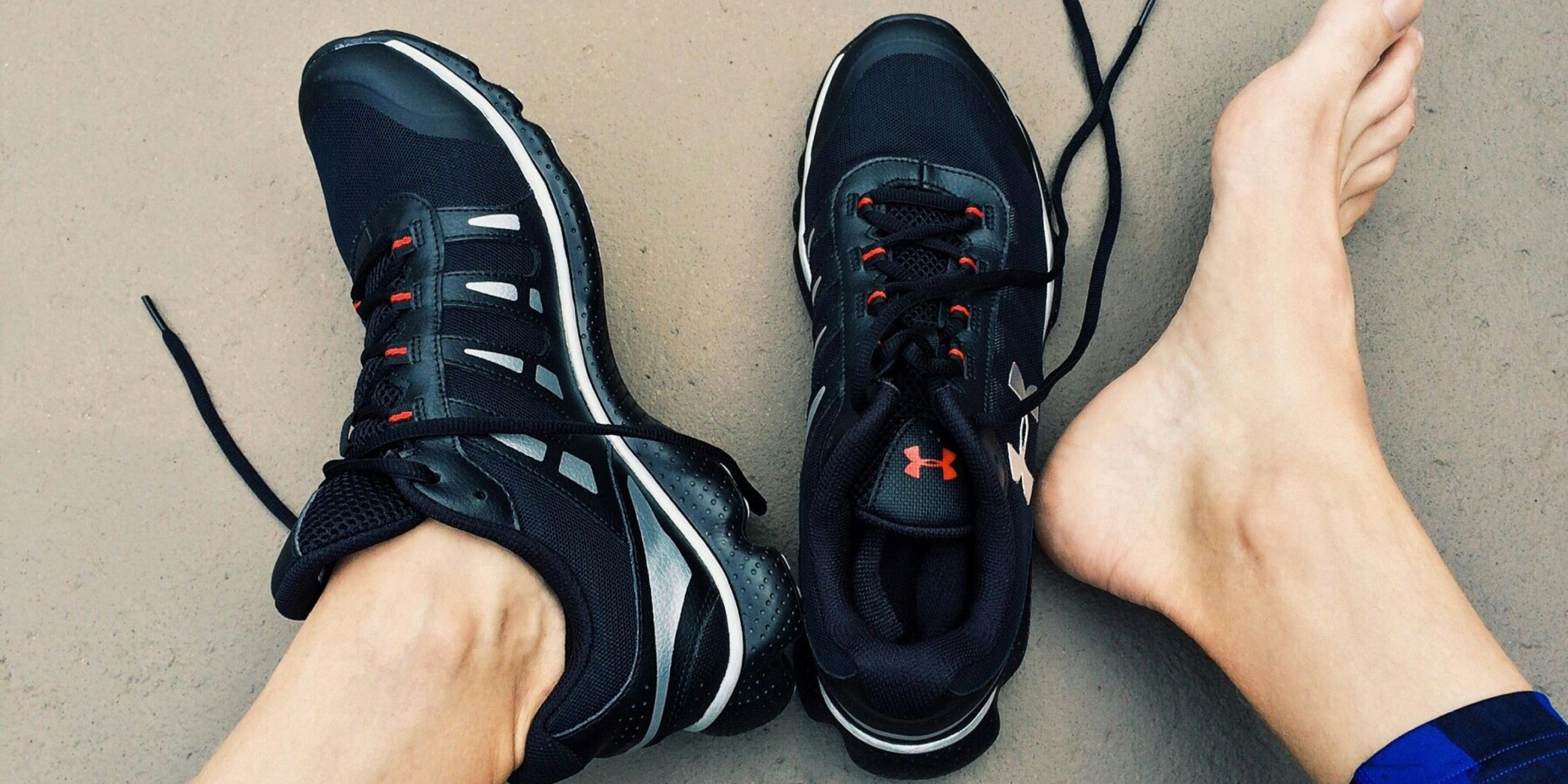When you think of managing diabetes, you may think of things like monitoring blood sugar levels, making healthy meal choices, staying active, taking medications, and attending doctor appointments. But here is something you may not always think about foot care.
During National Diabetes Awareness Month, let’s take a closer look at why caring your feet is so important for those living with diabetes. More than 1.2 million Americans are diagnosed with diabetes each year, and foot problems are a common yet often overlooked complication. This happens because high blood sugar levels can damage the nerves and blood vessels in your feet over time. This condition is known as Diabetic Neuropathy and can cause numbness, tingling, pain, or a loss of feeling in your feet.
Why is this so important? Due to desensitization, small injuries like cuts, blisters, or sores may go unnoticed and can easily become infected. Healing takes longer, and without proper care, these minor wounds can lead to serious complications. This is why daily foot care is not only a good habit but also one of the best preventive measures against future issues and healthy feet!
Why Foot Care Matters: A Real-Life Example
Community health centers across Florida are working to raise awareness about the importance of foot health. One example is MCR Health, a community health center in Bradenton, FL, held a “Step Forward Diabetic Shoe Distribution” event in May. This event provided free diabetic shoes, inserts, and socks to over 180 individuals living with diabetes, helping those facing financial barriers to accessing essential footwear.
Expert Tips for Healthy Feet
To help you stay on top of foot health, the Florida Podiatric Medical Society and the CDC created these helpful tips
- Check your feet daily: Look for cuts, redness, swelling, sores, blisters, corns, or calluses. Catching issues early can prevent them from turning into bigger problems.
- Wash your feet every day: Use warm (not hot) water and dry them thoroughly, especially between your toes. Moisture can lead to infections.
- Never go barefoot: Always wear shoes to protect your feet, even in your house, to avoid injury and infection.
- Wear properly fitting shoes and socks: Tight shoes can cause blisters and other problems. Choose comfortable, supportive shoes, and always wear socks that wick moisture away.
- Trim your toenails properly: Cut your toenails straight across and smooth any rough edges with a nail file. Avoid cutting too short to prevent ingrown nails.
- Don’t treat corns or calluses on your own: It’s tempting, but over-the-counter remedies can cause more harm than good. Let your local community health center take care of them.
- Get your feet checked regularly: Make sure to have your feet examined at every doctor visit and see a podiatrist at least once a year for a thorough check-up.
- Choose activities that are good for your feet: Some exercises that can be helpful in maintaining good blood flow are walking, swimming, or cycling.
- Promote good circulation: While sitting, elevate your feet and wiggle your toes to keep blood flowing.
Remember, your feet are a priority and should be treated as such. In times like these, don’t hesitate to lean on your local community health center for support and guidance. By taking small steps today, you’re protecting your health tomorrow.

